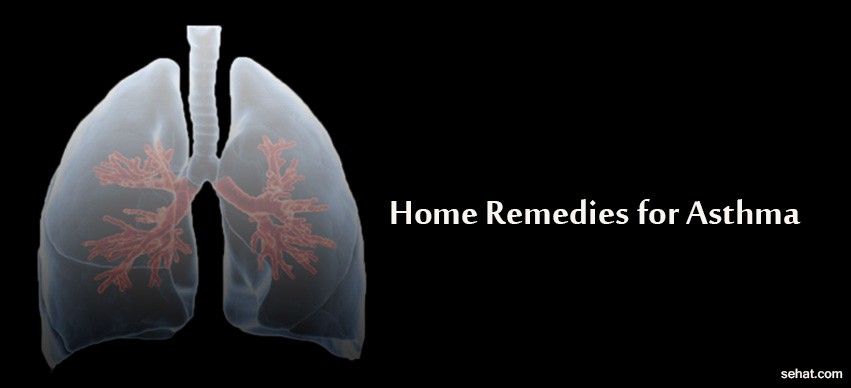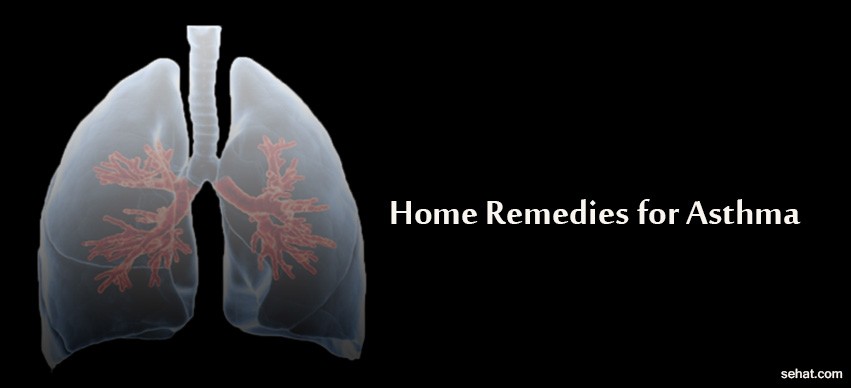Nanoparticle Therapy – An Emerging Cancer Treatment
5 Min Read


Asthma is a chronic inflammatory disease of the airways that affects millions of people all over the world. The condition of asthma causes the airways in the lungs to swell, throw out thick mucus, and over time spasm. The swelling that takes place will make the airways smaller, making it difficult to breathe. The first attack from asthma that you experience may include congestion, pain, wheezing, a shortness of breath, dryness in the mouth, coughing, and a feeling as if you have a fever.
From pollution and infection and to family genes, the causes of asthma can vary greatly. Learn how to pinpoint your triggers and avoid setting off your asthma symptoms.
Its always preferable to manage asthma symptoms naturally, without the use of steroid-based medications that can, with overuse, actually worsen rather than heal their condition. A number of vitamins and minerals are known by doctors to reduce the inflammatory effects of an asthma attack, and other holistic treatments can also be very effective in managing asthma.
Water is one of the most overlooked natural asthma remedies. Suboptimal water intake can cause dehydration, resulting in higher blood levels of histamine which is associated with asthma symptoms. Water dilutes levels of histamine in the bloodstream.
Just like steam can open the pores of your skin, it can also help open up tight airways. Try draping a towel over your head with your face over a bowl of steaming water, or take a hot shower.
There are several vitamins that can help control asthma symptoms naturally. Vitamin C, for example, improves lung function; magnesium can help open up your lung's air passages. 500 mg of magnesium, taken daily, can widen your bronchial tubes, facilitating easier breathing and reducing the chances of a severe asthma attack. Omega 3 fatty acids can reduce inflammatory responses in the body. Talk to your doctor about the vitamins that will work best for you.
Processed foods, meat, additives, preservatives and dairy foods have all been linked to asthma complications. Dairy products are a common allergen and asthma trigger for many people. Visit an allergist or try an elimination diet to pinpoint possible dietary triggers for your asthma.
This popular Oriental herb has anti-inflammatory properties. Since asthma is, by nature, an inflammatory disease, ginseng can be used effectively to help manage bronchial irritation.
These may include pet dander, dust mites, cigarette smoke, chemicals used in cleaning supplies and other indoor pollutants. Use a quality air filter in your home, use hypo-allergenic covers for beds and pillows, and sweep or vacuum your house regularly.
Helps you strengthen your breathing muscles, boost your immune system and keeps a healthy body weight. All of these benefits can improve your asthma in the long run. The key to exercise - make sure your asthma is under control before you start. Protect yourself from asthma triggers like cold air, smog, pollen, etc. while you are exercising.
A few shots from an inhaler and some nebulization may help with the symptoms, but it doesn't change the underlying causes. That's where nutrition and healthy choices come into play.